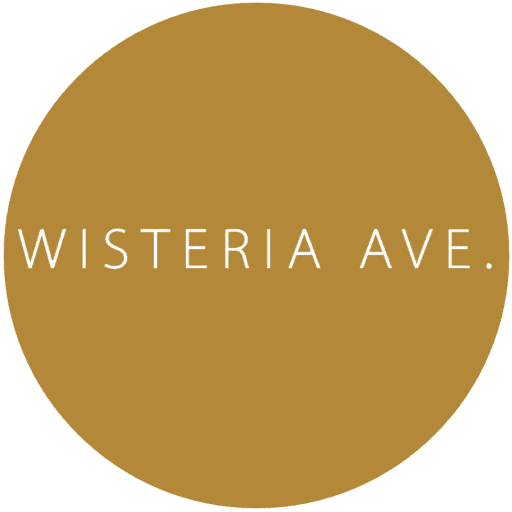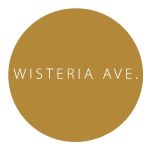
The Complete A-Z Hairdressing Terms (Part 2)
L is for:
- Lob – a long bob haircut that falls between the chin and collarbone.
- Long Layers – a hair cutting technique where the longest layers are cut near the bottom of the hair to create movement and volume.
- Lowlights – a hair colouring technique where selected strands of hair are darkened to create a contrast with the base colour.
M is for:
- Melanin – a pigment naturally found in hair that gives it its colour.
- Mohawk – a hairstyle where the hair is shaved or buzzed on the sides and left longer on the top.
- Movement – a term used to describe the natural flow and direction of the hair.
N is for:
- Natural Hair – hair that has not been chemically processed, including relaxers or perms.
- Nape – the back part of the neck where the hairline meets the skin.
- Non-Permanent Hair Colour – a hair colouring technique that adds temporary colour to the hair without lifting the natural hair colour.
O is for:
- Oxidation – the chemical reaction that occurs when hair colour is mixed with a developer, which causes the hair colour to change.
- Ombre – a hair colouring technique where the hair gradually fades from dark to light.
- Over-Processed Hair – hair that has been chemically treated too much, causing it to become weak and prone to breakage.
P is for:
- Pigment – the natural colour of hair, which is determined by the amount and type of melanin present in the hair.
- Pixie Cut – a short, cropped haircut that is typically cut close to the head.
- Point Cutting – a hair cutting technique where the ends of the hair are cut at an angle to create texture and movement.
Hairdressing Terms Q-S
Q is for
- Quick Weave: A hair extension technique where wefts of hair are glued onto a protective cap that is placed on the head before bonding.
R is for
- Relaxer: A chemical treatment that permanently straightens curly or wavy hair by breaking down the protein structure of the hair.
- Remy Hair: High-quality human hair that has been carefully collected and aligned to preserve the cuticle and maintain its natural texture.
- Root Touch-Up: A hair colouring technique used to cover up grey or regrowth near the roots of the hair.
S is for
- Sebaceous Gland: A gland that produces sebum, an oily substance that moisturizes the hair and scalp.
- Sebum: An oily substance produced by the sebaceous glands that moisturizes and protects the hair and scalp.
- Sectioning: The process of dividing hair into sections to facilitate cutting, styling, and colouring.
- Semi-Permanent Hair Colour: A hair colouring technique that gradually fades over time and lasts up to six weeks.
- Shag: A layered haircut that creates a messy, textured look.
- Split Ends: The splitting or fraying of the hair shaft due to damage or lack of moisture.
- Taper Cut: A men’s haircut where the hair is gradually tapered from the top to the sides and back.
- Texture: The thickness or thinness of individual hair strands.
- Thinning the Hair: A technique used to reduce the thickness of the hair by removing bulk.
- Toner: A semi-permanent hair colour used to neutralize unwanted brassy or yellow tones after bleaching or lightening the hair.
- Virgin Hair: Hair that has not been chemically processed or coloured.


Hairdressing Terms U-Z
U is for
- Undercut: A women’s or men’s haircut where the hair on the sides and back is cut short, leaving the hair on top longer.
V is for
- Volume: The amount of lift and fullness in the hair.
W is for
- Weave: A hair extension technique where wefts of hair are sewn or bonded onto braided hair.
- Weft: A track of hair used in hair extensions that can be sewn or bonded onto natural hair.
- Wig: A hairpiece made of synthetic or human hair that covers the entire scalp.
Z is for
- Zigzag Part: A hair parting technique where the parting is styled in a zigzag pattern rather than a straight line.


